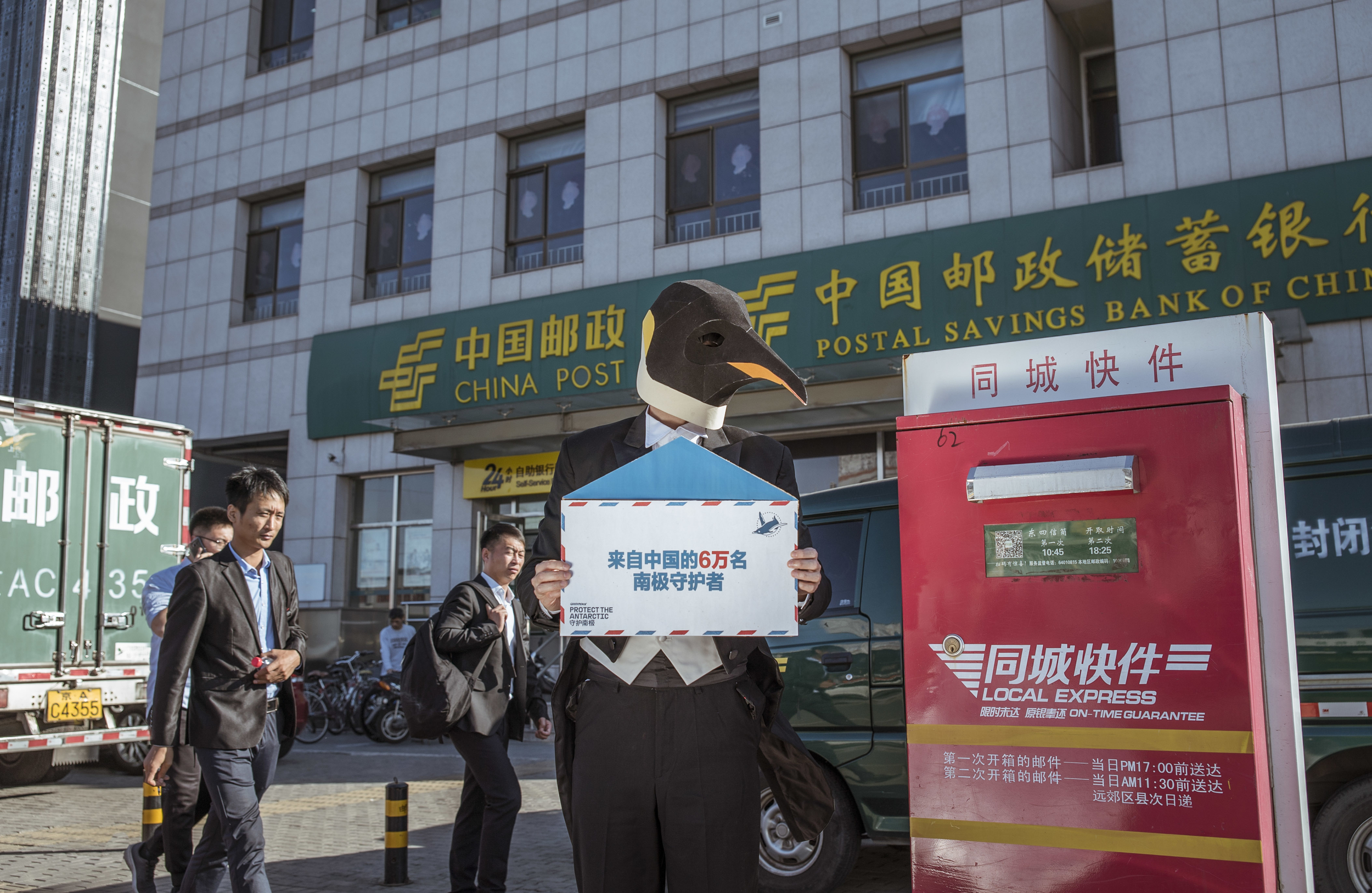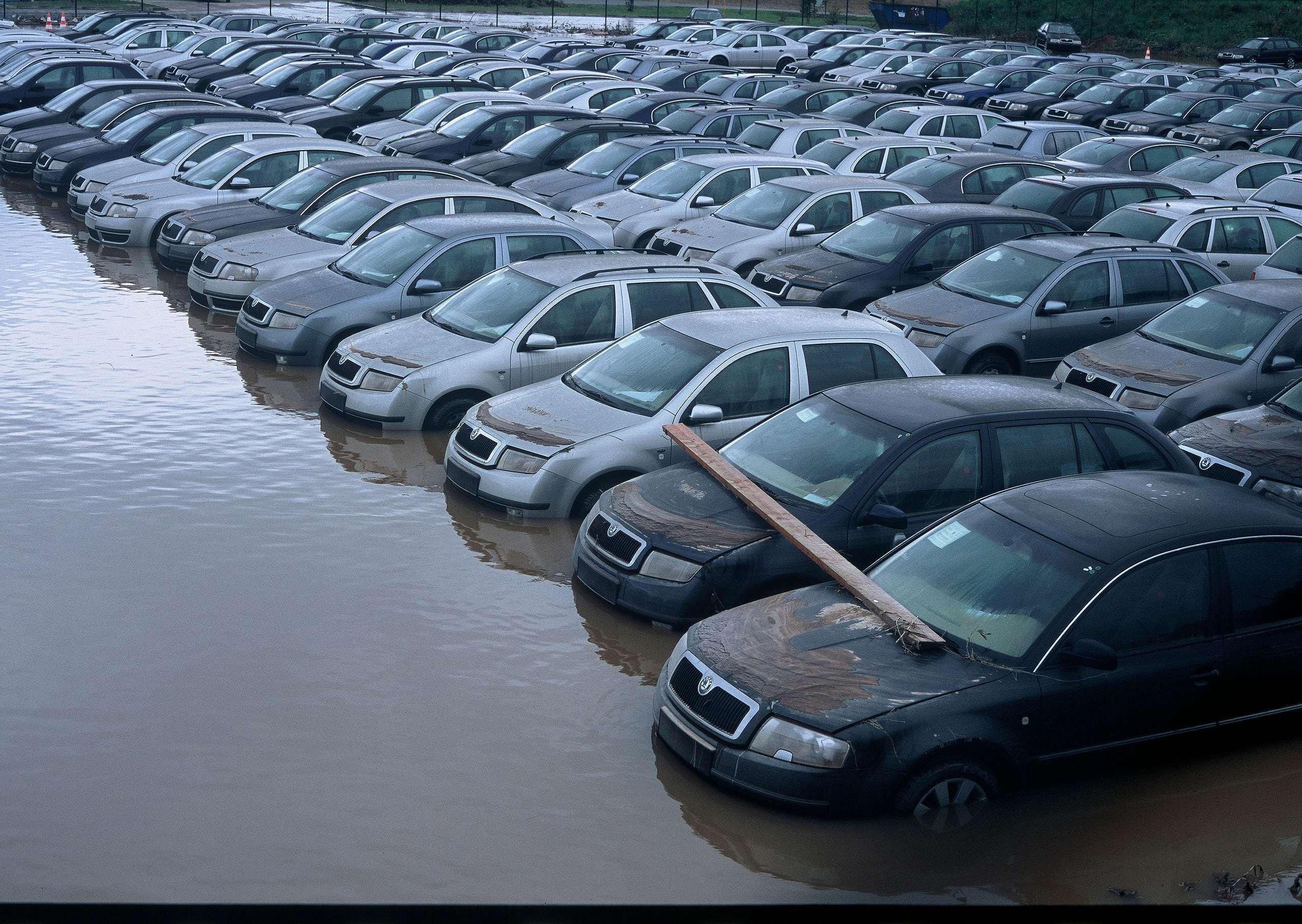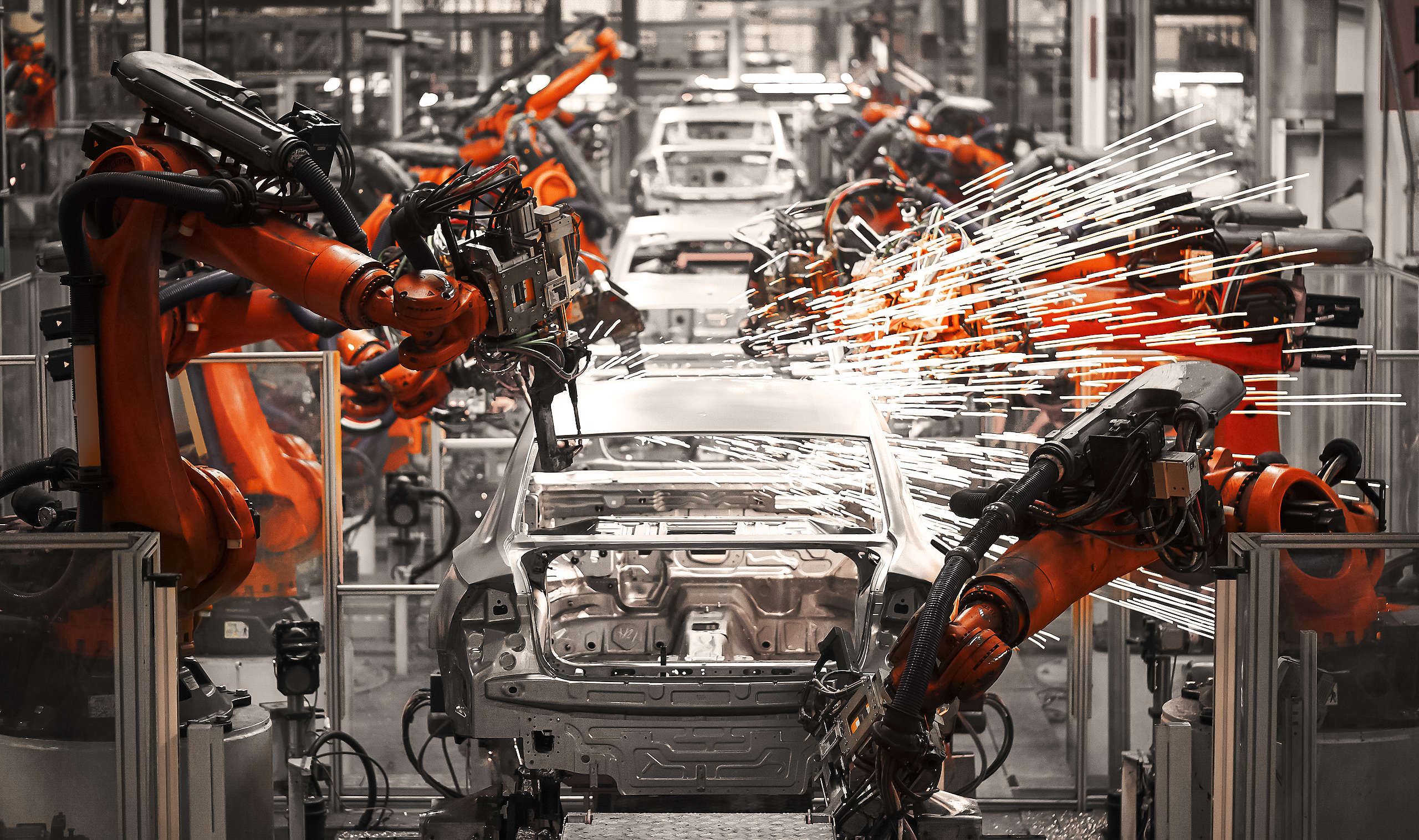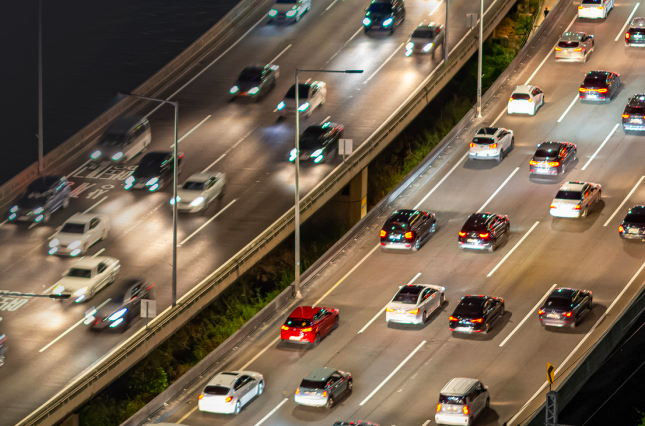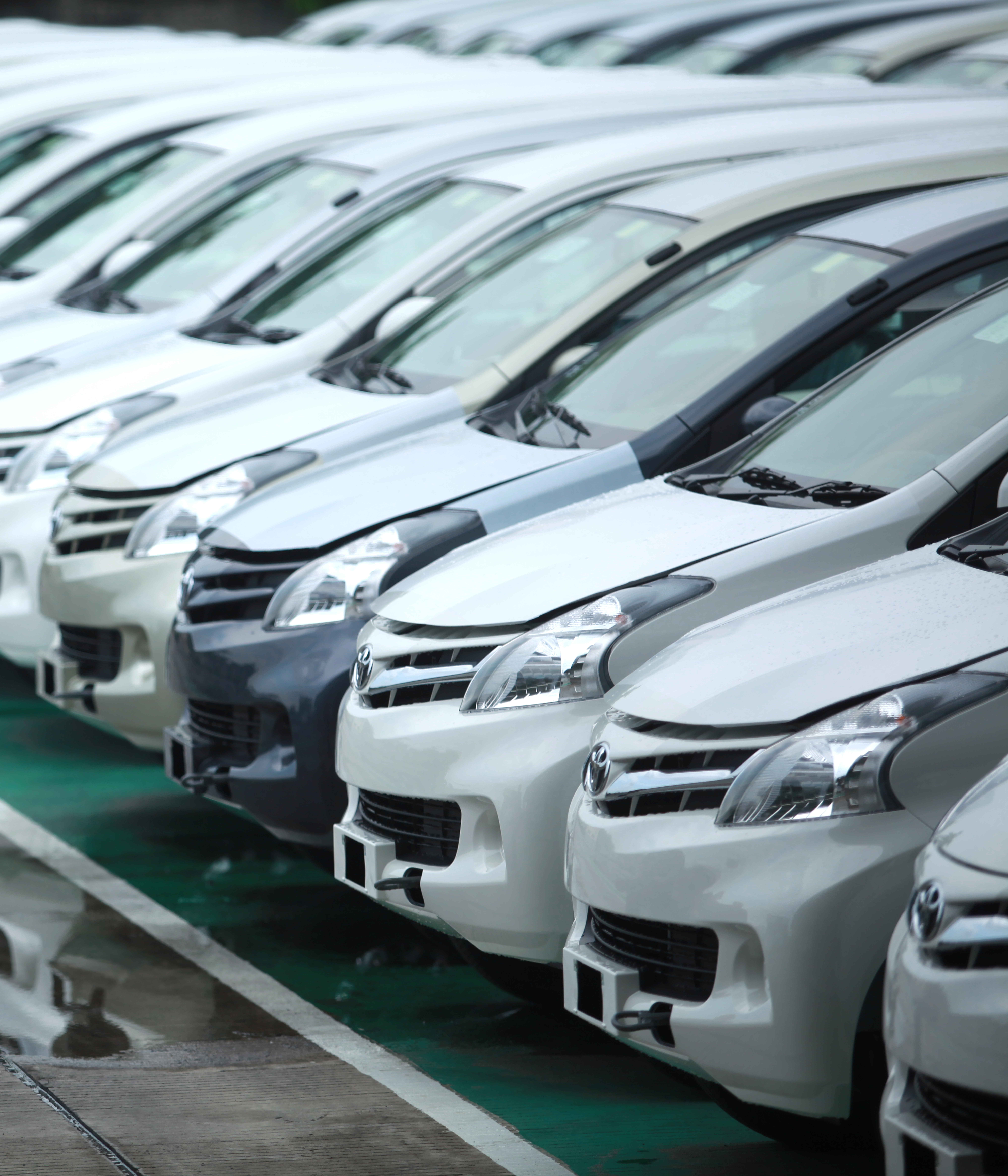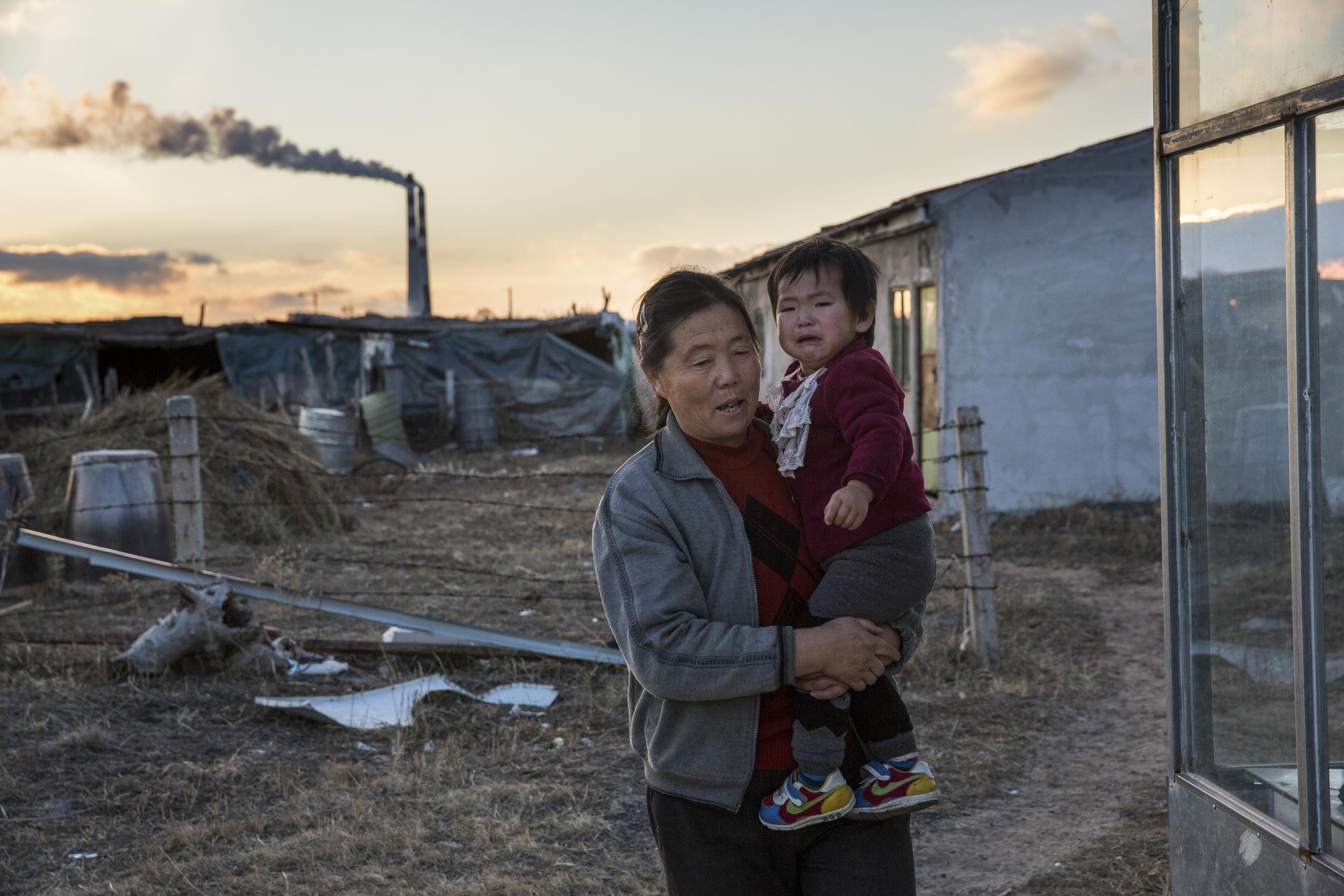All articles by Greenpeace East Asia
-
Long distance trucking at the core of China’s e-commerce emissions: Greenpeace report
The majority of emissions in China’s ecommerce delivery industry comes from longdistance trucking, an analysis by Greenpeace East Asia shows, while current low-carbonpolicies from local governments and the industry focus…
-
What’s it like to podcast on climate change in China?
“Numbness doesn’t come from the amount of info available, but more from a sense of powerlessness”
-
3 things concerning Toyota’s investors ahead of its Annual General Meeting
Countries worldwide are strengthening vehicle emission regulations. In the US, the IRA incentivizes EV sales, and the EPA aims for ⅔ of new cars to be electric by 2032. In Europe, a ban on new fossil fuel car sales is set for 2035. In China, homegrown EV brands like BYD are outpacing foreign automakers, with…
-
Automakers have failed to disclose emissions from steel: Greenpeace
Carmakers are pushing the planet past the critical 1.5C heating threshold by not decarbonizing their steel supply chains, according to a new Greenpeace East Asia report.
-
Luxshare Precision to target 50% clean energy by 2025: Greenpeace response
Luxshare Precision, a key supplier of Apple and Microsoft, has announced that it will achieve 50% clean energy by 2025.
-
Foreign automakers on track to lose market share in China due to slow shift to EVs: study
Volkswagen, General Motors, Toyota, Honda, Mercedes-Benz, and BMW are on track to lose market share in China due to their slow transition to electrified vehicles, according to a new report by Greenpeace East Asia.
-
White House says Toyota is ‘fully committed’ to electrifying its fleet: Greenpeace response
Yesterday White House advisor John Podesta said that Toyota Motor Corp. is “fully committed” to electrifying its fleet, according to a Reuters report.
-
China has already approved more new coal in 2023 than it did in all of 2021 — Greenpeace
Redoubled coal investment comes at the expense of desperately-needed improvements to China’s electric grid and energy storage capacity that would make it easier for existing capacity to meet periods of high energy demand.
-
Spaceship Earth: the board game where you model climate action
Rather than focusing on facts or data points, the game takes on the systematic issues behind climate change, modeling systems-based, multi-stakeholder responses to shared issues that are felt unevenly by different members of Spaceship Earth’s population.


